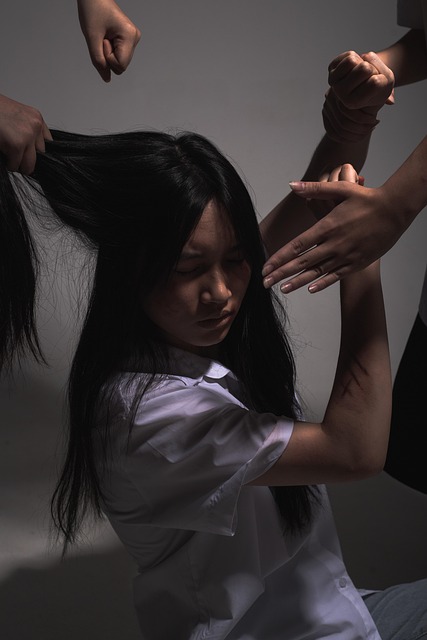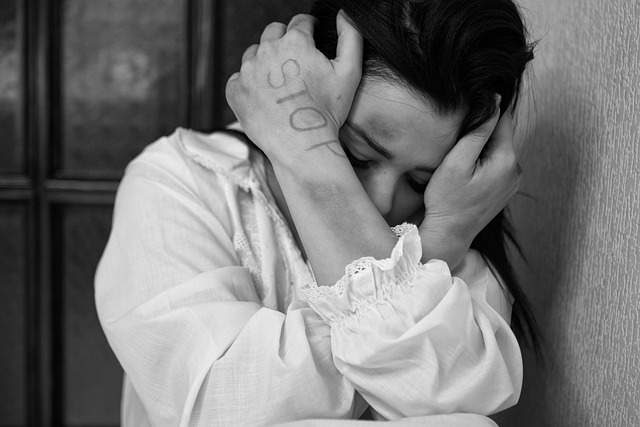Teen Challenge Abuse Victims face complex emotional challenges upon returning home, which can disrupt family dynamics. However, support is available through non-profit organizations, online platforms, and community resources offering counseling, legal aid, and support groups. Family therapy sessions are crucial for processing emotions, addressing underlying issues, and teaching healthy coping mechanisms, ultimately promoting healing and long-term recovery. Open communication, structured routines, and clear boundaries within the family unit play vital roles in this process.
Many families struggle to understand and cope with the aftermath of a teen’s involvement in strict, coercive programs like Teen Challenge, often characterized by emotional and physical abuse. This article explores the profound impact such experiences have on family dynamics and offers guidance on available support networks and resources for victims’ kin. We also provide strategies for fostering resilience and healing within the family unit, empowering families to navigate this challenging period together.
- Understanding the Impact of Teen Challenge Abuse on Families
- Available Resources and Support Networks for Victims' Kin
- Strategies for Building Resilience and Healing Within the Family Unit
Understanding the Impact of Teen Challenge Abuse on Families

The experience of a teen facing and surviving abuse within the Teen Challenge program can have profound ripples that extend far beyond their personal journey. Families, often caught in the midst, bear the weight of this trauma as they grapple with understanding and supporting their affected loved ones. The impact of Teen Challenge abuse victims on families is multifaceted, creating a complex web of emotions and challenges.
When a family member emerges from the confines of such an environment, it leaves them vulnerable and often isolated. This experience can disrupt family dynamics, causing stress and tension among all involved. Many families struggle to comprehend the extent of the abuse their teen has endured, leading to misunderstandings and difficulties in establishing open lines of communication. Supporting these survivors requires patience, empathy, and a willingness to navigate uncharted territory together.
Available Resources and Support Networks for Victims' Kin

The journey of a Teen Challenge survivor’s family is often complex and filled with emotions. Fortunately, various resources and support networks are available to help them navigate this challenging time. Many non-profit organizations specialize in providing assistance to families affected by teen challenge abuse victims. These organizations offer counseling services, legal aid, and emotional support groups where relatives can connect with others going through similar experiences.
Online platforms and helplines dedicated to teen challenge abuse survivors also exist, offering confidential spaces for kin to share stories, ask questions, and gain insights into the healing process. Local community centers and churches often host educational workshops and seminars that raise awareness about teen challenge-related issues and provide tools to support both survivors and their families. These initiatives create a sense of community and foster understanding, helping families find strength and solidarity during their recovery journey.
Strategies for Building Resilience and Healing Within the Family Unit

After a teenager returns home from a Teen Challenge program, where they have undergone intense rehabilitation to recover from abuse and addiction, the family unit plays a pivotal role in their healing journey. Building resilience within the family is essential to ensure that both the survivor and their loved ones can thrive post-program. One effective strategy is open and honest communication, creating a safe space for the survivor to share their experiences without fear of judgment. This fosters understanding and encourages familial bonds to strengthen.
Additionally, establishing structured routines and clear boundaries can provide a sense of stability. Family therapy sessions can help everyone involved process emotions, address underlying issues, and learn healthy coping mechanisms. By supporting each other through this transition period, families can create an environment that promotes healing, growth, and long-term recovery for Teen Challenge abuse victims.
Teen Challenge Abuse can have profound effects on families, but there is hope. By understanding the impact and leveraging available resources, kin of survivors can embark on a path of healing. Accessible support networks and strategies focused on building resilience empower families to navigate the challenges ahead. Remember that, in this journey, no one should feel alone; assistance is readily available for Teen Challenge abuse victims and their loved ones.
